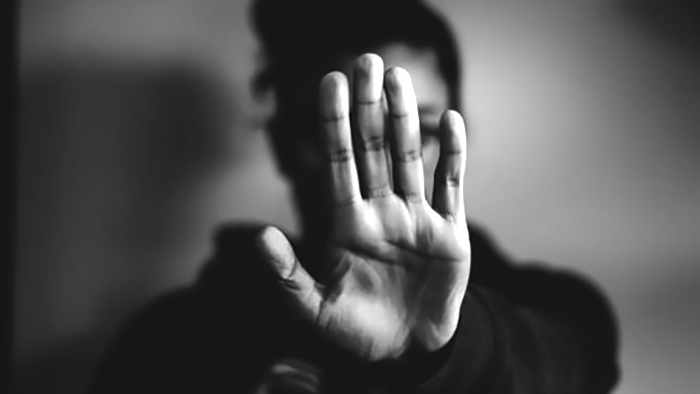
The twentieth century was the bloodiest on record—and the one with the most martyrs – and much of this carnage can be traced to immigration issues. People initially came to North and South America from Europe for various reasons. Some were fleeing religious persecution; some were seeking a way out of poverty and starvation; some were coming to work to send money back to support their families; some were doctors or clergy coming to minister to others; and, yes, some too were criminals bent on crime. Reading the daily news, it would seem that not much has changed, except the shoe is now on the other foot. We, original invaders, are now the indigenous tribes, concerned and protective of what we consider as rightfully ours, fearful of the outsiders, and mostly naïve as to why they’re coming. This isn’t just the case in North America. Most of Europe is experiencing the same pressures, except in their case, they’ve had a longer time to forget how their ancestors once came from elsewhere and mostly displaced the indigenous peoples who were already there. Admittedly, this isn’t easy to resolve, politically or morally. No country can open its borders indiscriminately to everyone who wants to enter. Yet, our scriptures, Jewish and Christian, are unequivocal in affirming that the earth belongs to everyone and all people have the same right to God’s good creation. That moral imperative can seem unfair and impractical, but how do we justify the fact that we displaced others to build our lives here but now find it unfair that others are doing the same thing to us? The remedy cannot be found in persecuting or trying in one way or another to drive them away. As people of faith, we must persevere in love and embrace the cultures in ways that we wish the previous ones had welcomed us. In the end, love is the only thing that counts.
